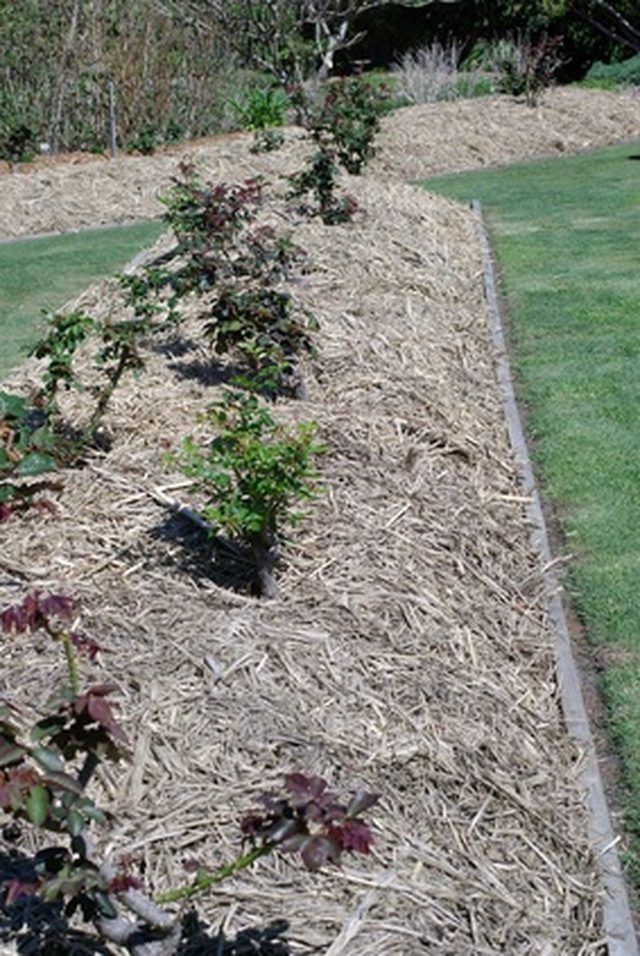Bulbs
Flower Basics
Flower Beds & Specialty Gardens
Flower Garden
Garden Furniture
Garden Gnomes
Garden Seeds
Garden Sheds
Garden Statues
Garden Tools & Supplies
Gardening Basics
Green & Organic
Groundcovers & Vines
Growing Annuals
Growing Basil
Growing Beans
Growing Berries
Growing Blueberries
Growing Cactus
Growing Corn
Growing Cotton
Growing Edibles
Growing Flowers
Growing Garlic
Growing Grapes
Growing Grass
Growing Herbs
Growing Jasmine
Growing Mint
Growing Mushrooms
Orchids
Growing Peanuts
Growing Perennials
Growing Plants
Growing Rosemary
Growing Roses
Growing Strawberries
Growing Sunflowers
Growing Thyme
Growing Tomatoes
Growing Tulips
Growing Vegetables
Herb Basics
Herb Garden
Indoor Growing
Landscaping Basics
Landscaping Patios
Landscaping Plants
Landscaping Shrubs
Landscaping Trees
Landscaping Walks & Pathways
Lawn Basics
Lawn Maintenance
Lawn Mowers
Lawn Ornaments
Lawn Planting
Lawn Tools
Outdoor Growing
Overall Landscape Planning
Pests, Weeds & Problems
Plant Basics
Rock Garden
Rose Garden
Shrubs
Soil
Specialty Gardens
Trees
Vegetable Garden
Yard Maintenance
Cypress Mulch & Termites
Cypress Mulch & Termites. Cypress mulch is made by grinding cypress tree branches and trunks through chippers. Cypress trees are important parts of swampland and wetland ecosystems, so logging of cypress for mulch is under scrutiny by conservation groups. Mulches of any type--including cypress mulch, are widely believed to encourage infestations by...

Cypress mulch is made by grinding cypress tree branches and trunks through chippers. Cypress trees are important parts of swampland and wetland ecosystems, so logging of cypress for mulch is under scrutiny by conservation groups. Mulches of any type--including cypress mulch, are widely believed to encourage infestations by ground-burrowing termites.
Termites Like Mulches
Mulches serve many purposes, such as retaining moisture, keeping down weeds, and stabilizing soil temperature. Mulches cause termite infestation for some of the same reasons. Termites are attracted to soils covered in mulches, even stone mulches. Termites in temperate and tropical regions spend major portions of their lives in underground burrows. Termites establish their burrows beneath ground cover that provides moisture and even temperatures--just the reasons you would lay down a cypress mulch.

Cypress Mulch
Cypress mulch is made from pond cypress and bald cypress. Both of these species live in swampy areas, so the mulch made from them is resistant to wet rot. This makes for a good mulch. However, dry cypress mulch may actually repel water, making it difficult for underlying soil to absorb water.

Termite Resistance
Old-growth cypress harvested from wetlands prior to the 1950s has a reputation for being termite resistant, according to the Suncoast Native Plant Society. A 1999 University of Florida study of termite consumption of common landscaping mulch showed that reputation was deserved, as termites only consumed a small percentage of cypress heartwood as compared to other woods in the study. Cypress heartwood is in scarce supply now, according to University of Florida Extension, and sapwood is used to make most cypress mulch. In the study, termites consumed cypress sapwood mulch at the same rate as pine mulch.

Using Cypress Mulch
Cypress mulch should not be used in excess (more than 2 or 3 inches deep). It is not particularly effective on slopes, especially when allowed to dry out completely between waterings. Mulches of any type should be kept several inches from contact with any building or foundation to prevent infestation by termites, according to University of Kentucky Extension.
Considerations
Mulch used to be produced as a lumber by-product, from portions of the tree too small to be made into lumber. This degraded the wetlands, and cypress mulch use is now discouraged by conservation groups. Recycled yard waste, pine straw, meuleuca wood mulch and decomposing leaves are adequate substitutions for cypress mulch that don't attract termites or harm the environment, according to Suncoast.